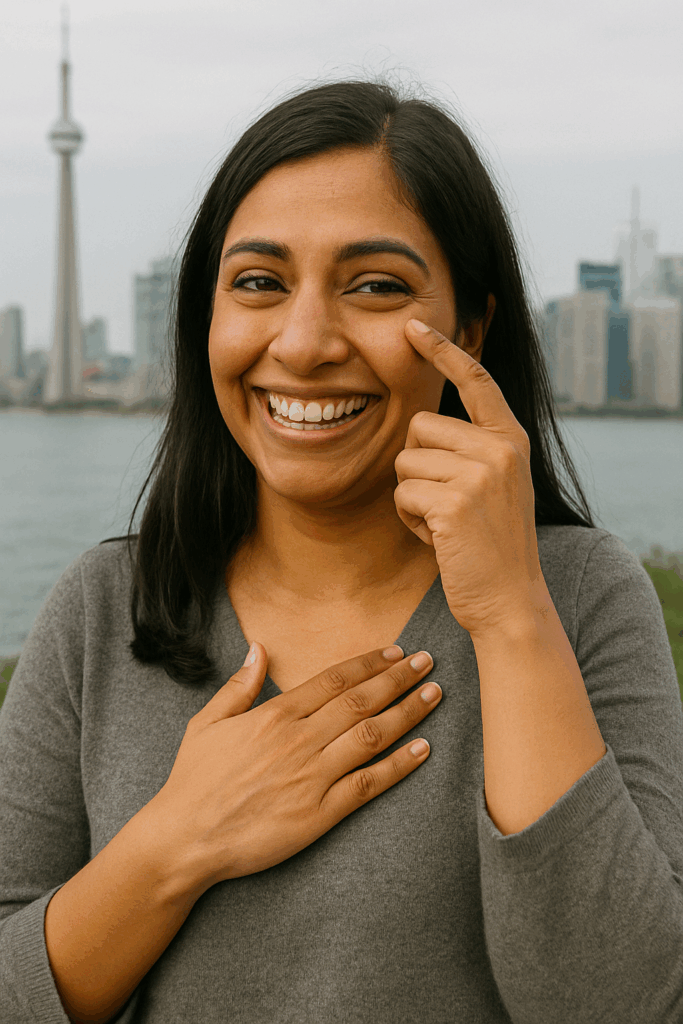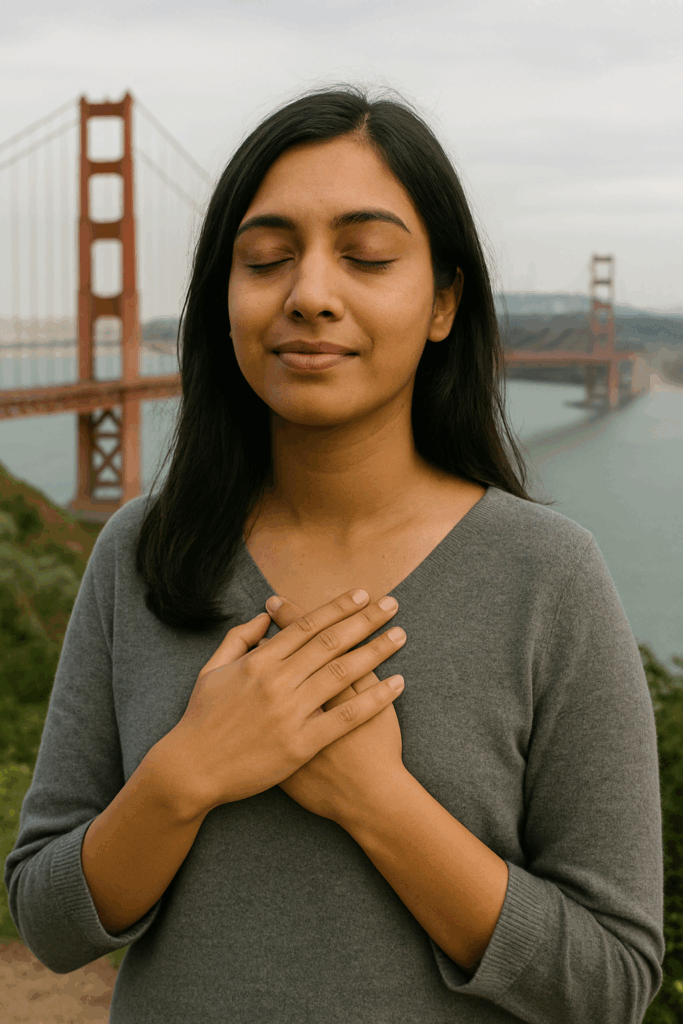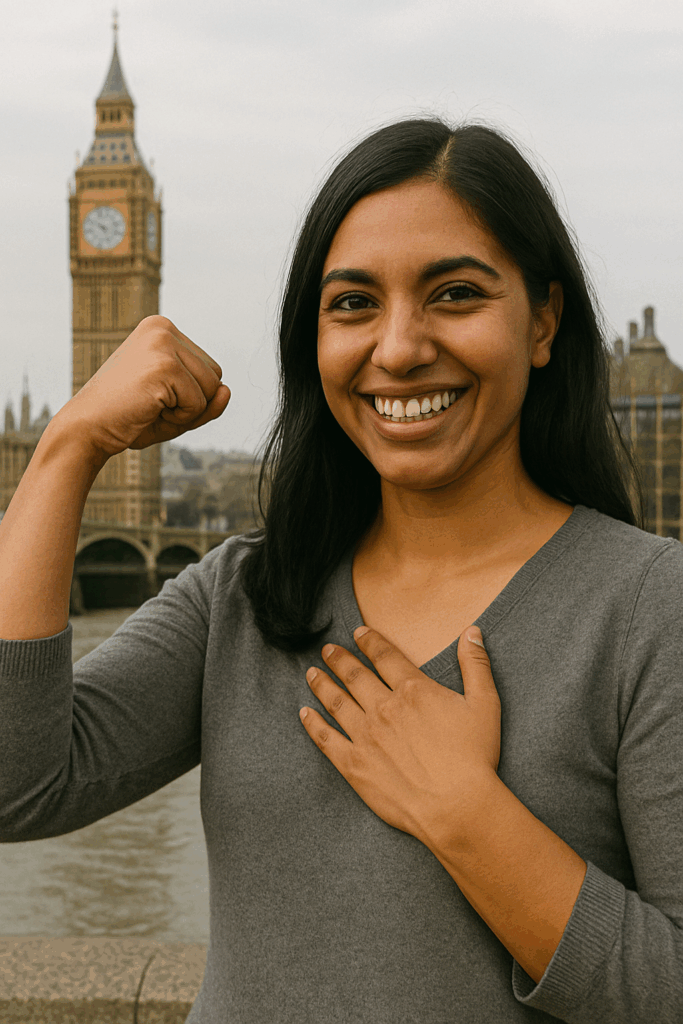
We inherit more than just our names, traditions, and recipes from our families.
Sometimes, we inherit their wounds, too.
For many South Asian daughters, the path into adulthood is littered not only with their own battles, but with unspoken histories — of silence, survival, sacrifice, and sorrow — passed down like heirlooms.
These wounds are called generational trauma.
And for too long, they lived in the shadows, unacknowledged.
But today’s daughters are beginning something powerful:
They are choosing not just to carry these wounds, but to heal them.
What is Generational Trauma?
Generational trauma is the emotional, psychological, and even physical pain that isn’t just experienced by one person — it gets woven into the family fabric and passed down through attitudes, behaviors, beliefs, and parenting styles.
It’s the grandfather who never spoke about partition, but whose rage echoes in family arguments.
It’s the mother who survived emotional neglect but struggles to show affection.
It’s the daughter who feels crushing guilt for wanting to live differently.
And it’s invisible — until someone dares to name it.
The Silent Legacy: Quotes That Hit Home
- “In our family, pain was private. You smiled through it — anything less was weakness.”
- “I realized I wasn’t just healing for myself. I was healing for all the women before me who didn’t have the choice.”
- “I carry their grief in my bones, but I also carry their dreams.”
The Statistics Behind the Pain
South Asian Mental Health Survey Form
Section 1: Demographics
- Age:
[ ] Under 18
[ ] 18-24
[ ] 25-34
[ ] 35-44
[ ] 45+ - Gender Identity:
[ ] Female
[ ] Male
[ ] Non-binary / Third gender
[ ] Prefer to self-describe: __
[ ] Prefer not to say - Country of Residence:
[ ] United States
[ ] Canada
[ ] United Kingdom
[ ] India
[ ] Other: __ - Ethnic Background: (Check all that apply)
[ ] Indian
[ ] Pakistani
[ ] Bangladeshi
[ ] Sri Lankan
[ ] Nepali
[ ] Bhutanese
[ ] Maldivian
[ ] Other South Asian: __
Section 2: Mental Health Experiences
South Asian Mental Health Survey Form - Have you ever experienced symptoms of a mental health condition?
[ ] Yes
[ ] No
[ ] Unsure - If yes, which conditions have you experienced? (Check all that apply)
[ ] Depression
[ ] Anxiety
[ ] PTSD
[ ] Bipolar Disorder
[ ] Eating Disorders
[ ] Substance Abuse
[ ] Other: __ - Have you ever sought professional help (therapy, counseling, psychiatry) for mental health issues?
[ ] Yes
[ ] No
[ ] Considered but did not seek - If you did not seek help, why? (Check all that apply)
[ ] Stigma or shame in the community
[ ] Lack of culturally competent professionals
[ ] Financial barriers
[ ] Didn’t think the problem was serious enough
[ ] Family or friends discouraged it
[ ] Other: __
Section 3: Family and Cultural Dynamics - How would you describe your family’s attitude toward mental health?
[ ] Open and supportive
[ ] Neutral or avoidant
[ ] Dismissive or negative
[ ] Hostile
South Asian Mental Health Survey Form - Have you ever felt pressure to hide your mental health struggles from your family or community?
[ ] Yes
[ ] No - How important is mental health discussion within the South Asian community?
[ ] Extremely important
[ ] Somewhat important
[ ] Neutral
[ ] Not very important
[ ] Not at all important
Section 4: Moving Forward - What resources would you like to see more of for South Asian mental health support?
(Open text box) - Any personal story, experience, or message you would like to share
- Studies show that intergenerational trauma can biologically alter stress responses in descendants, according to research from the American Psychological Association.
- In a survey by MannMukti, 67% of South Asian respondents reported that family expectations and unresolved trauma negatively affected their mental health.
- A 2020 study revealed that children of trauma survivors (especially war, migration, and domestic violence survivors) are at significantly higher risk for anxiety, depression, and PTSD.
Trauma isn’t just about the past.
It’s about how the past lives inside the present.
Real Stories: Faces of Healing
Meera, 29, Toronto:

“My grandmother fled Partition violence as a teenager. My mother never spoke of it, but she raised me to be constantly afraid of the world. Therapy taught me that my fear wasn’t mine alone — it was inherited. Knowing that helped me forgive, and finally start living without fear.”
Rani, 25, San Francisco:

“I used to resent my mom for being emotionally unavailable. Only after I heard her story of growing up in a home without love did I realize: she gave me more than she ever received. That realization changed everything.”
Farah, 31, London:

“Breaking cycles means setting boundaries with the people you love most. It’s heartbreaking — but it’s how I honor both myself and them.”
Why Healing is a Radical Act
- Breaking Cycles:
By healing, daughters stop trauma from flowing into future generations. - Choosing Awareness:
They name what was once hidden. They refuse to gaslight themselves. - Building New Legacies:
Healing isn’t erasing the past. It’s building a future that holds both truth and tenderness. - Loving with Boundaries:
They understand that love without boundaries isn’t love — it’s survival.
How South Asian Daughters Are Healing Today
- Therapy and Counseling:
Platforms like @browngirltherapy and organizations like MannMukti are making mental health resources culturally accessible. - Storytelling and Vulnerability:
Podcasts, memoirs, and online forums are filled with South Asian women sharing their real, raw journeys — breaking the myth of “perfection” one story at a time. - Community Healing Spaces:
Workshops, support groups, and virtual circles centered around trauma-informed care are growing rapidly within diaspora communities. - Intergenerational Conversations:
Some are daring to ask their mothers and grandmothers hard questions — and finding healing, not in easy answers, but in honesty.
Healing is messy. Healing is painful.
But healing is possible.
And for the first time, many South Asian daughters are not just surviving their family stories —
They are rewriting them.
In their hands, generational trauma becomes generational strength.
In their hearts, silence becomes compassion.
In their voices, the future speaks — clear, loud, and unashamed.
No Responses